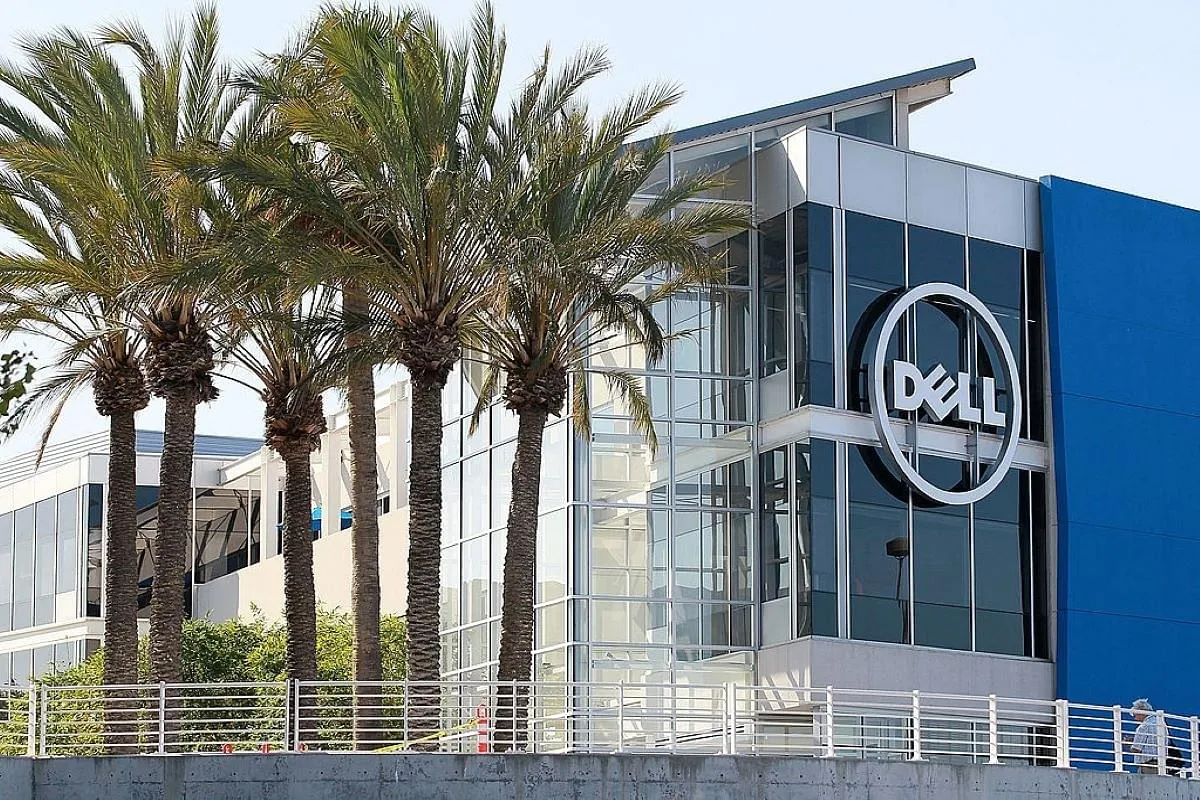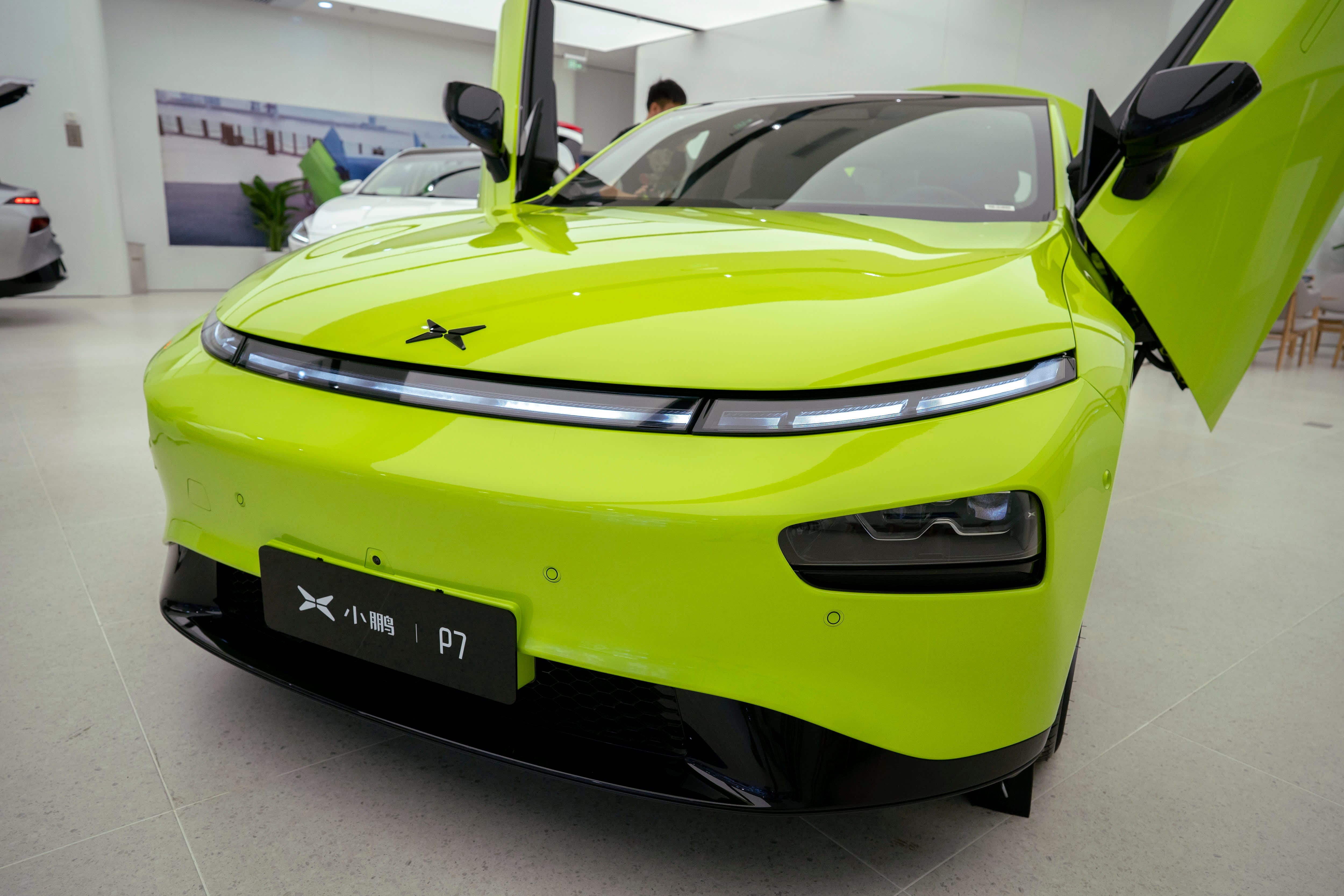Dell Clarifies “Withdrawing Supply Chain From China” as Rumor
Dell Dismisses “Withdrawing Supply Chain From China” as Rumor

On November 27, in response to massive rumor that Dell is planning on withdrawing from the Chinese market, Dell’s Vice President Wu Dongmei, Dell has “never released any misinformation [regarding the so-called withdrawal from China].” Since earlier this year, rumors have been rampant about one of the largest laptop producers withdrawing its supply chain from China. The market worried that Dell had planned to decrease its chip procurement from Chinese suppliers gradually, and the rumor even went to the point that “Dell wants to completely exit China.” These rumors are “definitely false,” the Vice President reassured.
Similar whispers have grown in the past months as China’s economy recovers amidst tense China-US relations. Just days before Wu’s clarification, rumors spread that Dell would stop selling a portion of its products equipped with high-end AMD graphic cards on the Chinese market to comply with US chip bans. In early November, US investment giant Vanguard dismantled its last operating team in China. According to China’s Ministry of Commerce, the actual use of foreign direct investment in the first three quarters of 2023 shows an 8.4% year-on-year decline. Also, in October, the governor of China’s central bank emphasized in a report the need to “prevent the risk of abnormal fluctuations in cross-border fund flows,” which analysts interpreted as an echo of the Commerce Ministry’s statistics. In September, prominent chip producer Qualcomm confirmed that it would lay off 20% of its employees in its Shanghai Office.
Yet many interpret these intertwined signs as market behaviors, rather than a wave of foreign investment escaping China en masse. The Federal Reserve Board had maintained the federal funds rate in a range of 5.25% to 5.5%, the highest level in 22 years, and there’s no reason to ignore such an impact on investment behavior. “There would certainly be some fluctuations,” as addressed in a column published by China News Service, one of China’s state media outlets. With the Xi-Biden meeting in San Francisco amid the APEC Summit, the market expects welcome signs of rebounding economic interactions between the two countries.
Malaysia Airlines Flight MH370 Liability Dispute Case Commences in Beijing

On November 27, a court hearing for the aviation transportation liability dispute related to this case began in the People’s Court of Chaoyang District, Beijing. It is understood that more than 40 families of the passengers have filed lawsuits, with the case set to be heard between November 27 and December 6 at the Chaoyang Court in Beijing.
Malaysia Airlines Flight 370 (MH370) was a scheduled international passenger flight operated by Malaysia Airlines that disappeared on March 8, 2014, while flying from Kuala Lumpur International Airport, Malaysia, to Beijing Capital International Airport in China.
The aircraft operating the flight, a Boeing 777-200ER, last made contact with air traffic control when it was over the South China Sea, less than an hour after takeoff. It disappeared from air traffic controller’s radar screens soon after.
With all 227 passengers and 12 crew on board presumed dead, the disappearance of Flight 370 was the deadliest incident involving a Boeing 777, as well as the deadliest incident in Malaysia Airlines’ history, until it was surpassed in both regards by Malaysia Airlines Flight 17, which was shot down while flying over eastern Ukraine, four months later.
Despite multiple large-scale searches of the sea bed, the bulk of the aircraft has not been located, raising many theories about its disappearance. On January 29, 2015, Malaysia’s Department of Civil Aviation officially declared the loss of MH370 an accident, with all 239 people on board presumed dead.
The lack of closure regarding the fate of the flight has tormented the families of those aboard. The vast majority of passengers were from China and Malaysia.
Chinese EV Companies Set for New Expansions

According to staffs from Great Wall Motors, Great Wall Motors is currently planning a comprehensive entry into the European market. Following its establishment in the German and British markets, the company is planning to further expand into Italy, Spain, Portugal, the Netherlands, Belgium, Luxembourg, Austria, and Switzerland. Great Wall Motors’ overseas brand, GWM, has already initiated property sales planning in Europe and started the site selection work for its research and development centers.
In related news, according to a research report from CITIC Securities on November 21, Changan Automobile and NIO have signed a battery swap business cooperation agreement in Chongqing. The two parties will jointly promote the construction of an energy replenishment system. The battery swapping network has a strong scale effect, and NIO has currently built and operated over 2100 battery swapping stations. The opening of this ecosystem is expected to result in a win-win for both parties.
In the medium to long term, battery swapping and high-voltage fast charging technology are likely to alleviate range anxiety for pure electric vehicles, thereby accelerating the penetration of pure electric models.
According to the International Energy Agency, China accounted for 35% of global EV exports in 2022 compared with only 4.2% in 2018, leaving EU, US and Japan behind.
